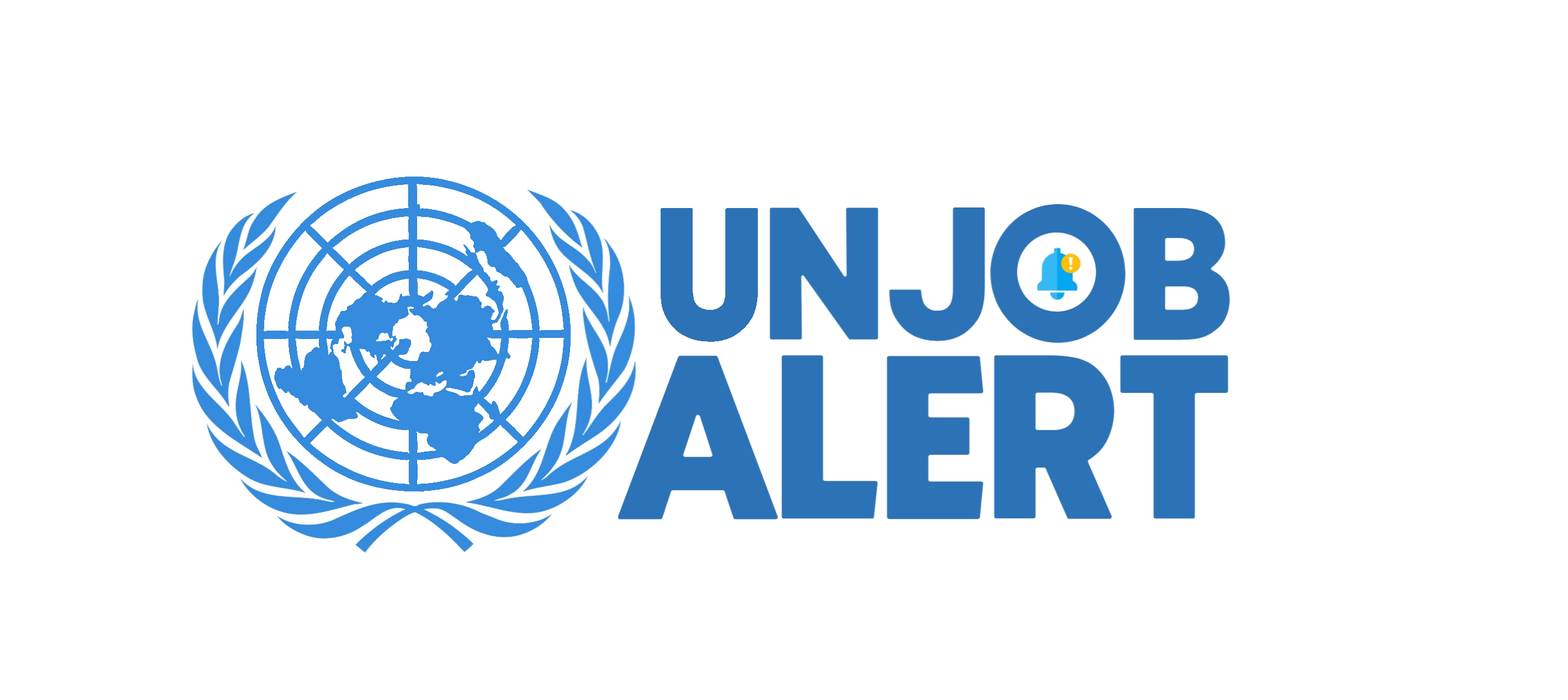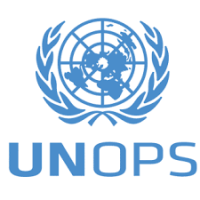What are the roles of FAO?
The Food and Agriculture Organization (FAO) is a specialized agency of the United Nations that works to achieve sustainable food security and promote rural development. FAO’s mandate is to help eradicate hunger, malnutrition, and poverty, and to support the sustainable management and use of natural resources in agriculture, fisheries, forestry, and other related fields. Some of the specific roles of FAO include:
- Advocating for food security: FAO promotes food security by advocating for policies and programs that address the root causes of hunger and malnutrition, such as poverty, lack of access to food, and environmental degradation.
- Providing technical assistance: FAO provides technical assistance to member countries, helping them to improve their agricultural and rural development policies, practices, and systems.
- Supporting sustainable agriculture: FAO supports the development and adoption of sustainable agricultural practices that conserve natural resources, protect biodiversity, and mitigate climate change.
- Supporting fisheries and aquaculture: FAO works to ensure sustainable management of fisheries and aquaculture resources, promoting responsible fishing practices and improving the livelihoods of fishing communities.
- Improving forestry management: FAO promotes sustainable forestry management practices that protect and enhance forest resources, support biodiversity, and mitigate climate change.
- Building resilience to natural disasters: FAO works to strengthen the resilience of rural communities and agricultural systems to natural disasters, such as floods, droughts, and earthquakes.
- Supporting rural development: FAO supports rural development by promoting investment in rural areas, improving access to markets and services, and strengthening rural institutions.
FAO’s work is focused on promoting sustainable agriculture and rural development, and ensuring that everyone has access to safe, nutritious, and affordable food.











 0
0